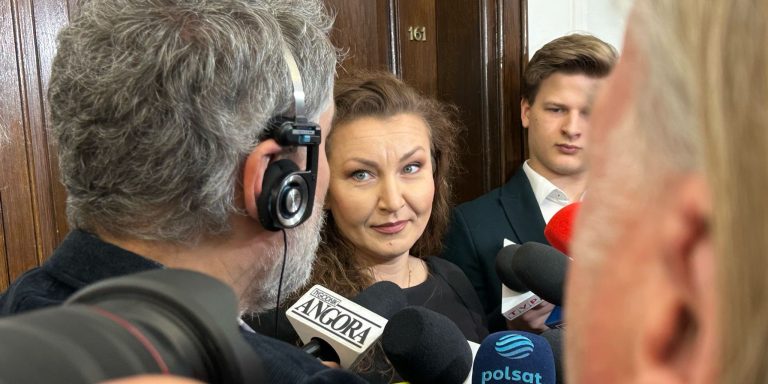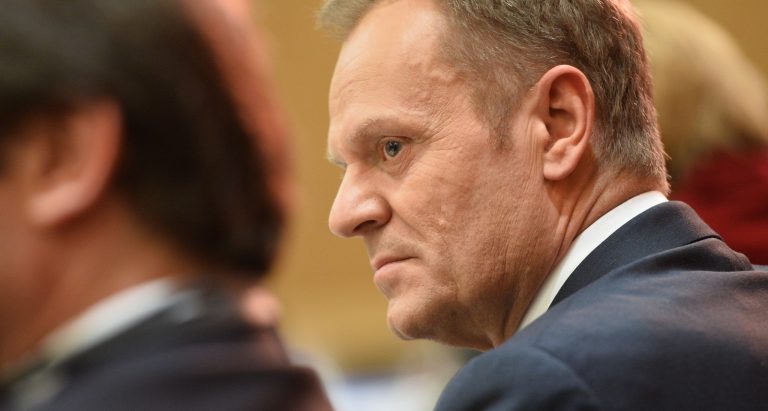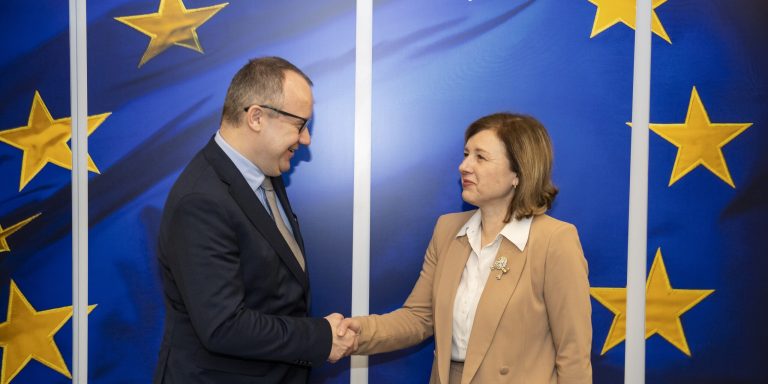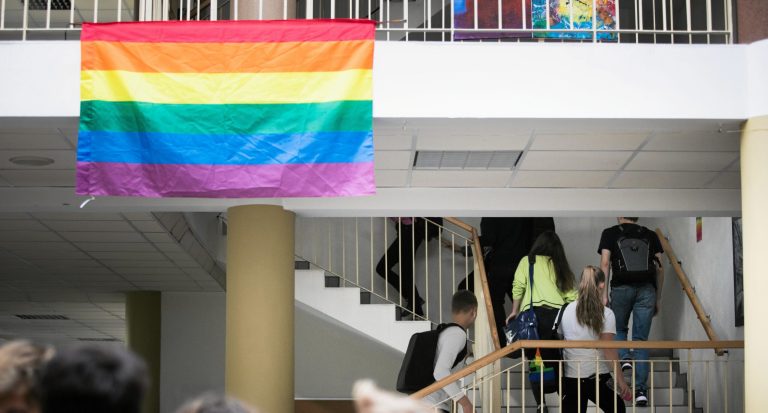Zelensky and Tusk sign Polish-Ukrainian security agreement in Warsaw
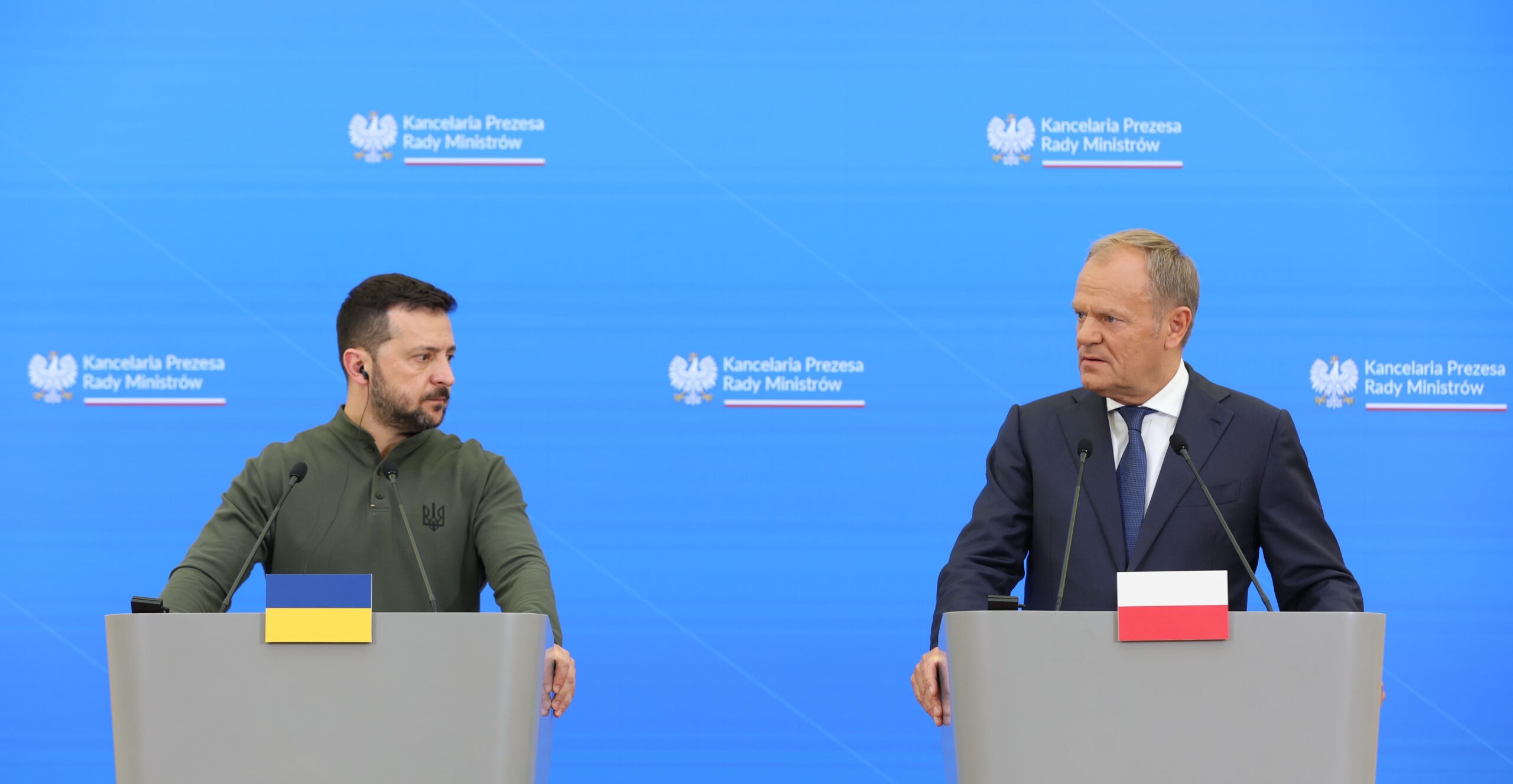
Ukraine’s President Volodymyr Zelensky and Polish Prime Minister Donald Tusk have met in Warsaw, where the pair signed a security agreement between their two countries.
At the end of June, Tusk revealed that he would meet with Zelensky before the NATO summit in Washington, which will start tomorrow. However, the fact that the meeting would take place in Warsaw today was only announced this morning.
Wytrwałość i odwaga. Te słowa najlepiej oddają postawę @ZelenskyyUa w boju o bezpieczną Ukrainę i bezpieczną Europę.
W tej walce zawsze możesz na nas liczyć. pic.twitter.com/dsEG3lrthS
— Donald Tusk (@donaldtusk) July 8, 2024
Tusk praised Zelensky’s “perseverance and courage” and pledged that he “can always count on us in…the fight for a safe Ukraine and a safe Europe”.
“The heroic defence of Ukraine is also the defence of the entire free world,” said Tusk, speaking alongside Zelensky. “Russia’s attack on Ukraine is also an attack on Ukraine’s friends and neighbours…If this war ended badly, it would also end badly for Poland and the entire Western world.”
Poland is the latest in a series of countries to sign security agreements with Ukraine, pledging to maintain long-term support for Kyiv’s defence against Russian aggression. Last month, the United States and Japan became the 16th and 17th countries to sign such deals.
“Every word in this document means something and these words will have practical consequences,” declared Tusk. who also pledged that Poland would “continue to persuade our allies to make the path towards joining both the EU and NATO as quick as possible for Ukraine”.
Sorry to interrupt your reading. The article continues below.
Notes from Poland is run by a small editorial team and published by an independent, non-profit foundation that is funded through donations from our readers. We cannot do what we do without your support.
Zelensky likewise hailed the deal as “a very important agreement, a momentous agreement, an ambitious agreement that will greatly help us protect the lives of our citizens and counteract Russian evil”.
The Ukrainian president noted that Poland has already made 44 transfers of military equipment to Ukraine, with several more due by the end of this year. He added that talks had taken place regarding the further transfer of Polish aircraft.
Zelensky also revealed that the two sides had discussed the idea of creating “a Ukrainian legion in Poland, a new formation composed of volunteers, which…could enable Ukrainian citizens located in Poland to take part in the defence of Ukraine”.
Poland plans to train a military unit composed of conscription-age Ukrainians living in the country, Polish foreign ministry @sikorskiradek has revealed https://t.co/nnwCyFekGv
— Notes from Poland 🇵🇱 (@notesfrompoland) May 31, 2024
Tusk called for the upcoming NATO summit to result in “concrete steps” regarding support for Ukraine, with air defence systems a particular priority. Both he and Zelensky strongly condemned a Russian strike today on a children’s hospital in Kyiv that was part of a wave of attacks that has left at least 31 people dead.
The Polish prime minister also expressed Poland’s support for using NATO equipment to “shoot down missiles flying towards Poland while still over Ukrainian territory”. But he added that this should only be done with “the stamp of approval of the international community, preferably NATO”.
After his meeting with Tusk, Zelensky was due to meet President Andrzej Duda, who has also been a staunch supporter of Ukraine since Russia’s full-scale invasion.
Russia’s ambassador has ignored a summons by Poland’s foreign ministry to explain an incident yesterday in which a Russian missile was detected entering Polish airspace from Ukraine https://t.co/xZZl1Fmau0
— Notes from Poland 🇵🇱 (@notesfrompoland) March 25, 2024
Main image credit: PremierRP/Twitter

Daniel Tilles is editor-in-chief of Notes from Poland. He has written on Polish affairs for a wide range of publications, including Foreign Policy, POLITICO Europe, EUobserver and Dziennik Gazeta Prawna.

